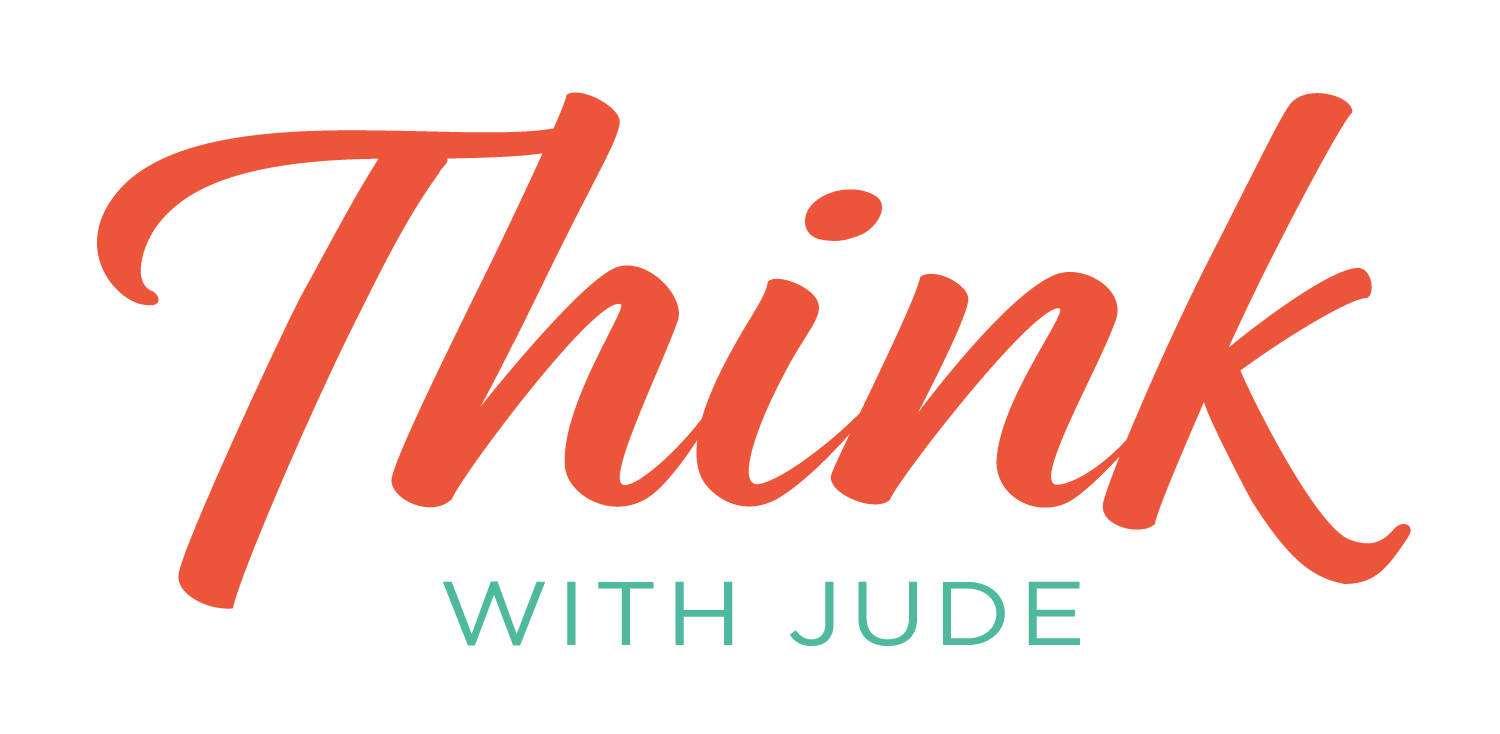Coaching is not about thinking together
I learnt something new about coaching this week.
I was explaining what attention, the most important point in the coaching triangle, looks like, when a participant commented,
“When I’m talking with someone who I have a good relationship with and we’re bouncing ideas off each other we will often talk over each other.”
“You’re thinking together?” I asked
“Yeah.” they said nodding enthusiastically.
I replied, “The purpose of coaching is not to think together, it’s for you to be present alongside someone while they think for themselves.”
I’ve never said that out loud before. Although on reflection, there are coach-like techniques you can bring into idea sharing conversations that make them even more effective.
One of the freeing things about taking a coach-like approach to conversations with your direct reports is that you don’t do the thinking. You don’t have to come up with a solution or fix the problem, you support the direct report to do that for themselves.
In letter 105 I gave you four reasons why it’s worth putting in the effort to be more coach-like:
- It reduces your workload
- They will go the extra mile for you
- It leads to financial results
- It leads to greater motivation
And here are four more:
5. It increases their self-awareness
6. It enables them to be more creative
7. It creates instant commitment
8. It means they take responsibility
You have all the skills you need to take a coaching approach, you can be curious, you can give someone your full attention and you can ask questions.
What gets in the way is a belief, that unless I’m talking, unless I suggest a solution and fix the problem, then I haven’t added value to the conversation. It’s a hard belief to let go of. When you tell someone what to do you get instant validation that you have made a valuable contribution.
When you take a coaching approach, you may not know the impact you’ve had for days, sometimes weeks, months or in my case years.
Earlier this year a colleague I worked with over 4 years ago messaged me. She wanted to tell me that after a tough year she’d realised that she wasn’t in the right job and had moved into a new role. Then she said,
“I have to tell you that sometimes when I doubt myself, your voice comes into my head and the questions you’d ask me to unlock my head and look at the positives.”
That’s the kind of long lasting change in behaviour that happens when you choose to take a coach-like approach rather than defaulting to telling people what to do.
Never want to miss another letter? Click now to sign up for fortnightly tis on how to be more coach-like in your work, career and life.



